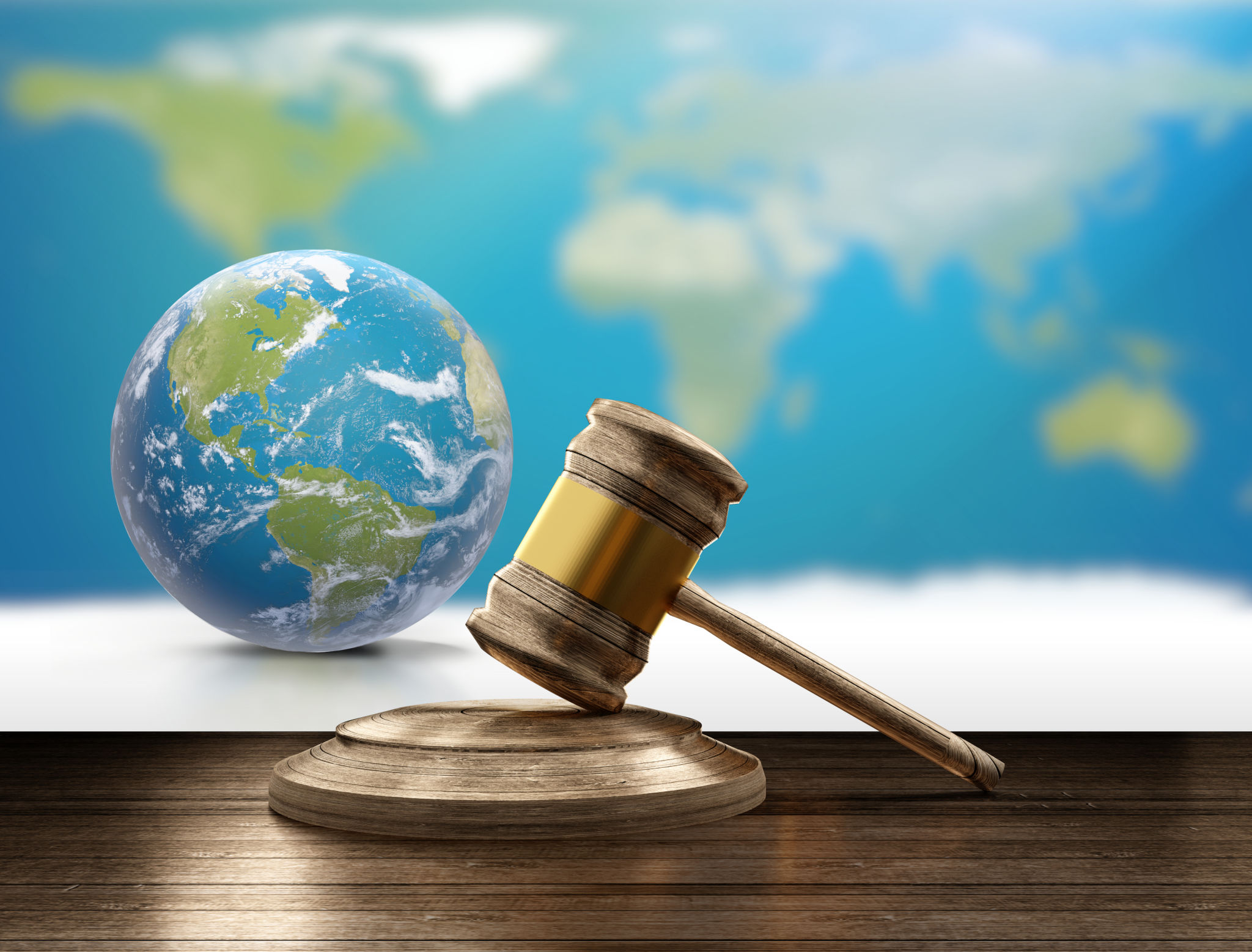Cross-Border Legal Challenges: Insights from American and European Law Perspectives
IH
Understanding Cross-Border Legal Challenges
In today's globalized world, businesses and individuals frequently encounter legal challenges that transcend national borders. Navigating these cross-border legal issues requires a deep understanding of various legal systems, particularly those of the United States and Europe. These regions are often at the forefront of international legal disputes, making their legal principles crucial for anyone involved in cross-border activities.

The Complexities of Jurisdiction
One of the primary challenges in cross-border legal matters is determining which country's laws apply in a given situation. Jurisdictional issues can arise when parties from different countries are involved, or when actions taken in one country have effects in another. In the U.S., jurisdiction is often determined by factors such as the location of the parties and the nature of the dispute. European countries, governed by EU regulations, often rely on different criteria, such as the domicile of the defendant or where the harmful event occurred.
Understanding these jurisdictional differences is essential for effectively managing cross-border disputes. Businesses must be proactive in analyzing where their legal risks lie and how jurisdictional rules may impact them.
Contractual Considerations
Contracts are a fundamental aspect of international business, and cross-border agreements present unique challenges. American and European laws differ significantly in how contracts are interpreted and enforced. For instance, the U.S. generally allows for more freedom in contractual terms, while European countries may impose stricter regulations to protect parties' rights.
When drafting or negotiating cross-border contracts, it's important to consider choice-of-law clauses and dispute resolution mechanisms. These contractual elements can greatly influence how a contract is enforced in different jurisdictions and can help mitigate risks associated with cross-border transactions.

Data Protection and Privacy
With the rise of digital technologies, data protection has become a critical issue in cross-border legal matters. The European Union's General Data Protection Regulation (GDPR) has set a high standard for data privacy, affecting businesses worldwide. American companies doing business in Europe must comply with GDPR requirements, which often differ from U.S. privacy laws.
These differences can create significant compliance challenges for businesses operating on both sides of the Atlantic. Companies must ensure that their data handling practices align with the strictest regulations applicable to avoid severe penalties.
Intellectual Property Rights
Intellectual property (IP) protection is another area where American and European laws diverge. While both regions recognize the importance of protecting IP rights, their approaches can vary significantly. The U.S. tends to focus on innovation and commercial use, whereas Europe may emphasize moral rights and cultural considerations.

Businesses must navigate these differences to protect their intellectual assets effectively. This often requires understanding both regions' patent, trademark, and copyright laws and strategizing accordingly.
Resolving Disputes Across Borders
When disputes arise in cross-border contexts, resolving them can be complex and costly. Various mechanisms exist for settling international disputes, including arbitration and mediation. The choice of dispute resolution method can significantly impact the outcome and enforceability of decisions across jurisdictions.
It's crucial for businesses engaged in cross-border activities to be familiar with international arbitration rules and to select appropriate venues for dispute resolution. This foresight can save substantial time and resources in the event of a legal conflict.
Conclusion
Cross-border legal challenges require a nuanced understanding of both American and European legal systems. From jurisdictional issues to data protection and intellectual property rights, businesses and individuals must navigate a complex web of laws to protect their interests effectively. By gaining insights into these legal landscapes, stakeholders can better prepare for and manage the intricacies of international legal disputes.